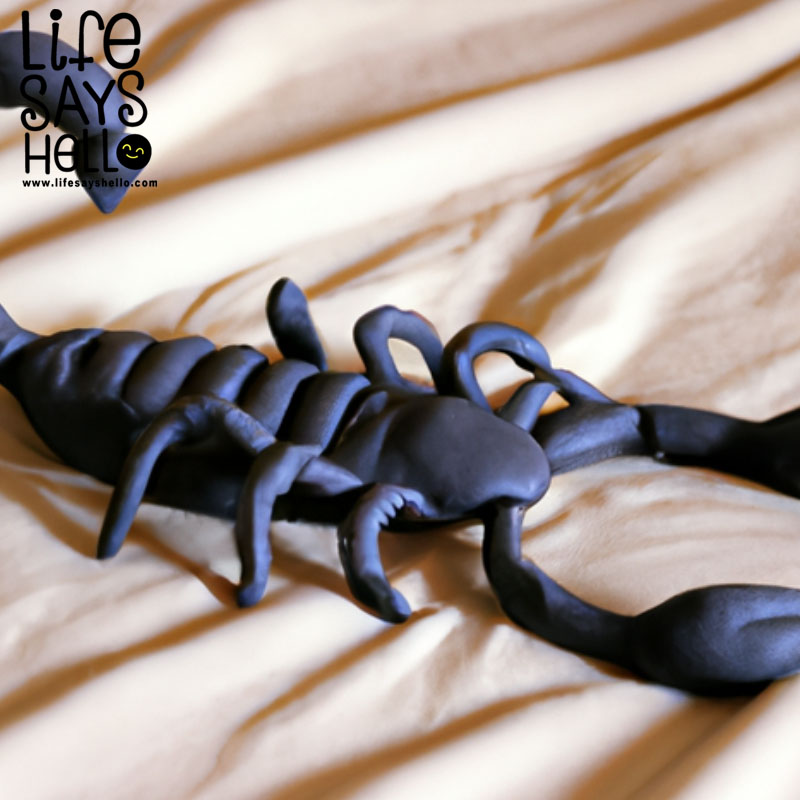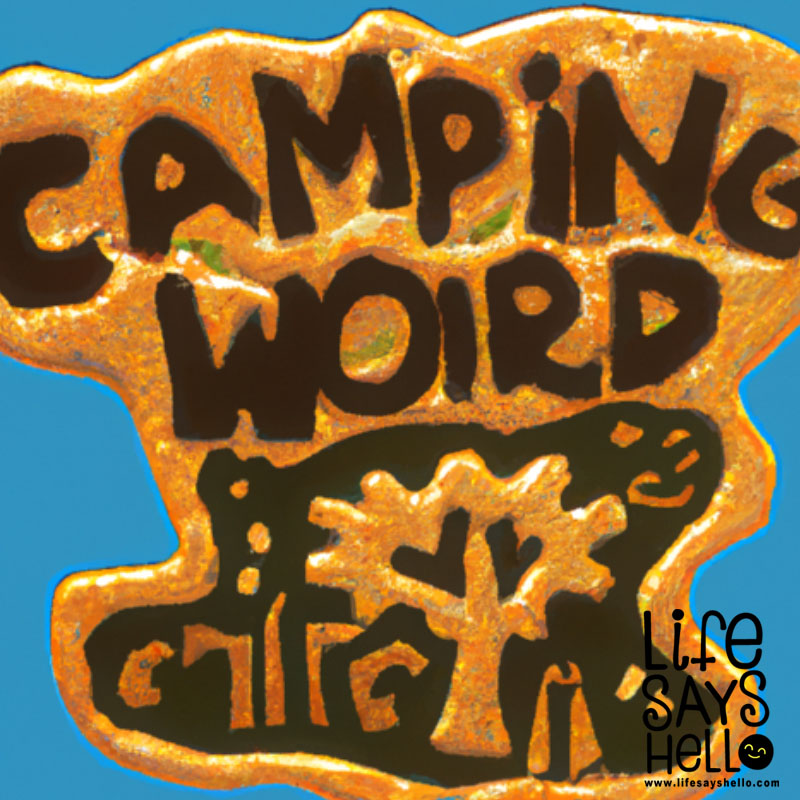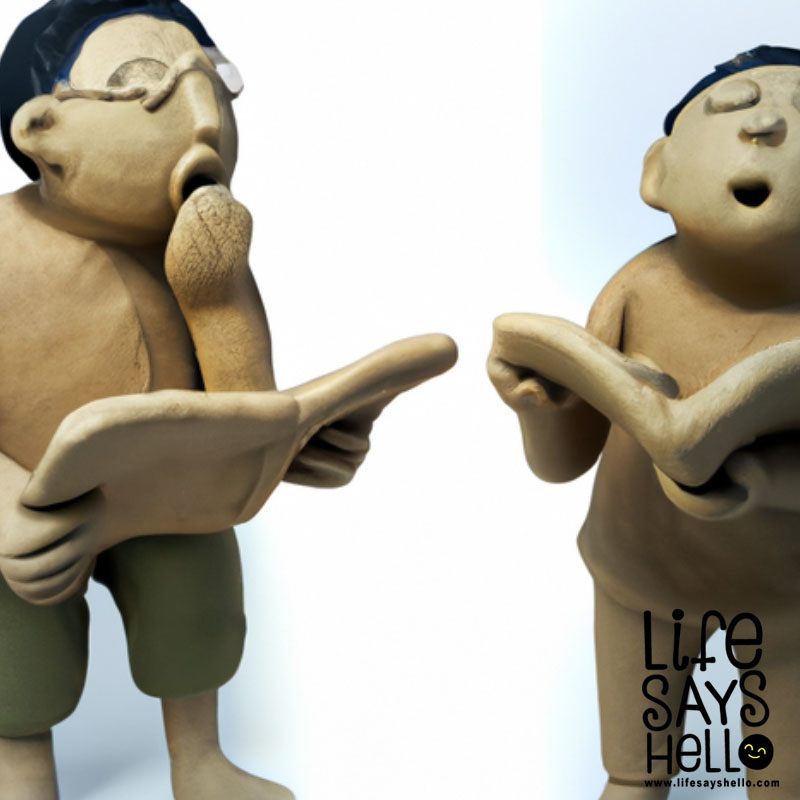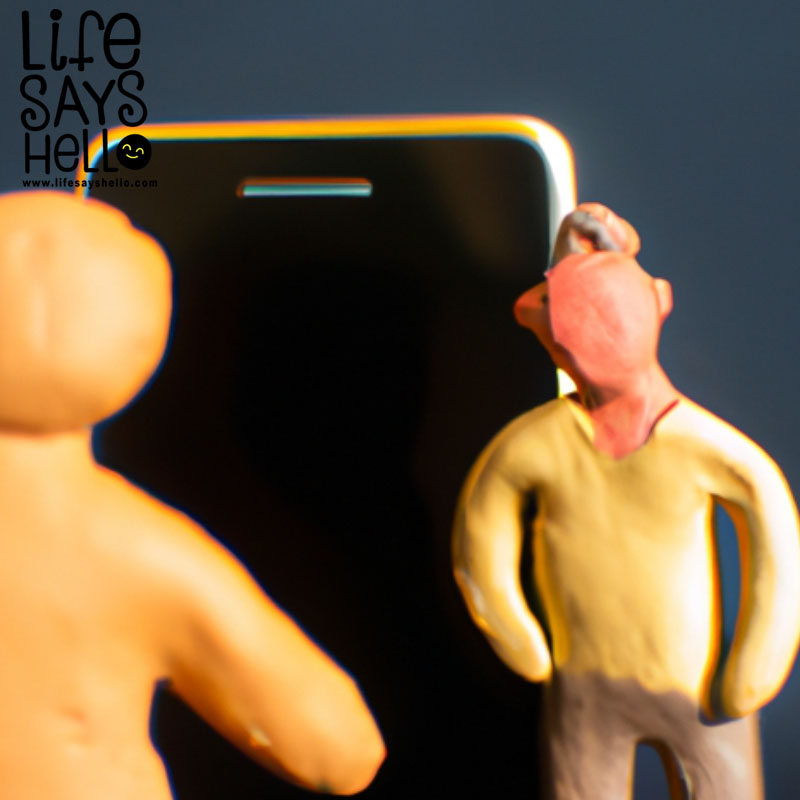How to Prevent Scorpions from Getting in Your Bed: Expert Tips for a Safe and Sound Sleep

Discover expert tips on how to prevent scorpions from getting in your bed, ensuring a safe and sound sleep for you and your loved ones.
Imagine waking up in the middle of the night to find a scorpion crawling in your bed - a nightmare scenario for most people. Scorpions are not only creepy, but they can also be dangerous, with some species delivering painful and even potentially life-threatening stings. In this comprehensive guide, we'll explore the importance of preventing scorpions from getting in your bed and share expert tips to help you sleep soundly, knowing you're protected.
Understanding Scorpion Behavior
Before diving into preventive measures, it's essential to understand scorpion behavior to know why they may end up in your bed in the first place.
Scorpion Habitat and Preferences
Scorpions are arachnids that prefer warm, dry climates and are found in various habitats, including deserts, grasslands, and forests. They are nocturnal creatures, which means they are most active during the night, searching for food and shelter. Scorpions are known to hide in dark, cool, and damp places during the day, such as under rocks, logs, or debris.
Why Scorpions May End Up in Your Bed
Scorpions may enter your home in search of food, water, or shelter. Once inside, they can crawl into various hiding spots, including closets, shoes, and yes, even your bed. Scorpions may be attracted to your bed for several reasons, such as the warmth and darkness provided by your bedding or the presence of insects they prey on, like spiders and crickets.
Preventive Measures for Your Home
To keep scorpions out of your bed and home, it's essential to take preventive measures both inside and outside your living space.
Sealing Cracks and Gaps in Walls, Doors, and Windows
Scorpions can squeeze through tiny openings, so it's crucial to seal any cracks or gaps in your home's walls, doors, and windows. Use caulk or weatherstripping to seal these openings, paying particular attention to areas around pipes, electrical outlets, and vents.
Regular Pest Control Treatments
Having a professional pest control service treat your home regularly can help keep scorpions and their prey at bay. A pest control expert can identify potential entry points and apply treatments to deter scorpions from entering your home.
Keeping Your Home Clean and Clutter-Free
A clean and clutter-free home is less inviting to scorpions and their prey. Regularly vacuum and clean your floors, countertops, and other surfaces to eliminate food crumbs and insect attractants. Additionally, keep clutter to a minimum, especially in areas like basements, garages, and closets, as these can provide hiding spots for scorpions.
Proper Storage of Firewood and Other Outdoor Items
Scorpions often hide in firewood piles, so it's essential to store firewood at least 20 feet away from your home and elevate it off the ground. Additionally, avoid stacking items like bricks, stones, or lumber directly against your home's exterior, as this can create a haven for scorpions.
Preventive Measures for Your Bedroom
Taking specific preventive measures in your bedroom can further reduce the risk of scorpions crawling into your bed.
Choosing the Right Bed Frame and Mattress
Opt for a bed frame with legs that lift your mattress off the ground, as this can make it more difficult for scorpions to climb onto your bed. Additionally, consider using a mattress encasement to create a barrier between your mattress and any scorpions that may be lurking nearby.
Keeping Bedding Off the Floor
Ensure that your sheets, blankets, and bedskirts do not touch the floor, as this can create a bridge for scorpions to climb onto your bed. Regularly check and adjust your bedding to maintain this gap.
Regularly Cleaning and Vacuuming the Bedroom
Frequent cleaning and vacuuming can help eliminate scorpions and their prey from your bedroom. Pay particular attention to areas under and around your bed, as well as any dark corners or hiding spots where scorpions may be lurking.
Installing Door Sweeps and Weather Stripping
Adding door sweeps and weather stripping to your bedroom door can help seal any gaps that may allow scorpions to enter. This can be especially helpful if your bedroom is located near an exterior door or if you've had previous issues with scorpions in your home.
Nighttime Precautions
Even with preventive measures in place, it's essential to take extra precautions at night to ensure your bed remains scorpion-free.
Using a Scorpion UV Flashlight to Check for Scorpions Before Getting into Bed
Scorpions glow under ultraviolet (UV) light, making it easier to spot them in the dark. Invest in a scorpion UV flashlight and use it to inspect your bed, bedding, and surrounding areas before getting into bed each night.
Wearing Shoes or Slippers When Walking Around at Night
If you need to get up during the night, always wear shoes or slippers to protect your feet from potential scorpion encounters. This can also help prevent accidental stings if you unknowingly step on a scorpion.
Keeping a Scorpion Repellent Near Your Bed
Consider using a scorpion repellent, such as a spray or essential oil blend, near your bed to deter scorpions from entering your sleeping area. Be sure to follow the manufacturer's instructions for proper use and safety precautions.
What to Do If You Find a Scorpion in Your Bed
If you find a scorpion in your bed, it's essential to remain calm and follow these safe removal techniques:
- Carefully pull back your bedding to expose the scorpion.
- Use a long object, like a broom or a pair of tongs, to gently remove the scorpion from your bed.
- Place a glass or plastic container over the scorpion and carefully slide a piece of stiff paper or cardboard underneath to trap it.
- Holding the paper and container securely, carefully carry the trapped scorpion outside and release it at a safe distance from your home.
When to Seek Medical Attention for a Scorpion Sting
If you are stung by a scorpion, it's essential to seek medical attention immediately, especially if you experience severe pain, difficulty breathing, or other serious symptoms. While most scorpion stings are not life-threatening, some species, like the bark scorpion, can deliver highly venomous stings that require prompt medical treatment.
Conclusion
By understanding scorpion behavior and taking preventive measures both inside and outside your home, you can significantly reduce the risk of scorpions getting in your bed. Stay vigilant and follow these expert tips to ensure a safe and sound sleep for you and your loved ones.




Comments